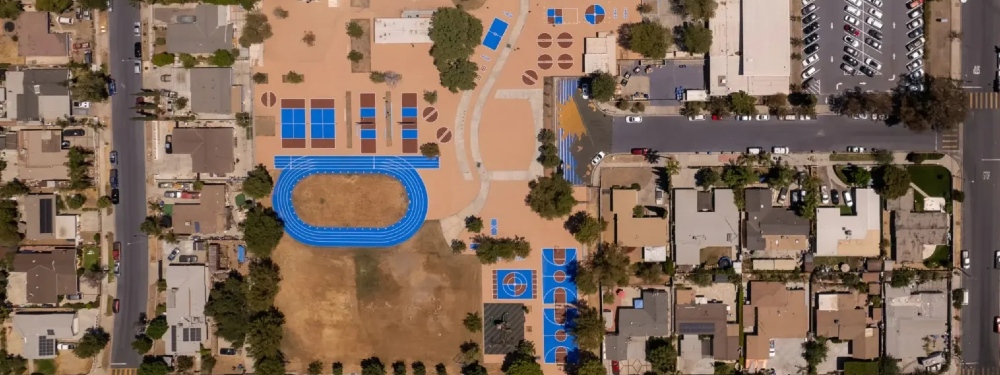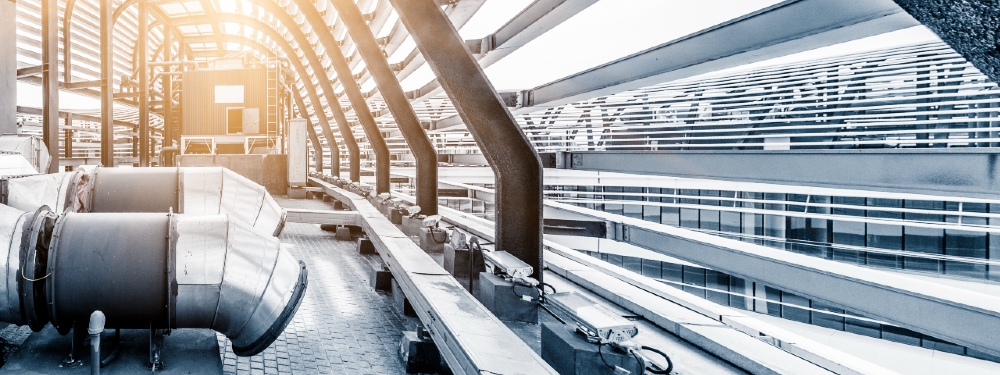Introducing the Global Cooling Efficiency Accelerator
The world needs a better air conditioner, and the Global Cooling Efficiency Accelerator will help make this happen! (More on that later.)
With the planet continuing to heat up, access to cooling has become a defining equity issue of our time, and the need for efficient cooling technology with a dramatically lower climate impact is urgent.
Cooling equipment, most notably air conditioning, is currently responsible for more than 7% of the world’s greenhouse gas (GHG) emissions. Over the next few decades, the world will install three billion more room air conditioners, translating to about seven air conditioners (ACs) sold every second for the next 30 years. Without cleaning up the world’s cooling technologies and a complete transition to renewable energy, the cooling sector’s emissions could double by 2050.
However, with radically efficient next-generation air conditioning, we can keep people cool, comfortable, and safe while minimizing further global warming. More efficient air conditioners will also help take stress off of the power grids and reduce the likelihood and duration of future power outages.
The Global Cooling Prize
In late 2018, a broad-based coalition led by RMI, the Indian Government’s Department of Science and Technology, and Mission Innovation launched the Global Cooling Prize (the Prize). This competition had a bold and ambitious goal to develop an affordable residential cooling solution with five times (referred to as “5X”) lower climate impact, factored as a combination of much greater energy efficiency and lower global warming potential (GWP) refrigerants, than the typical units sold at the time in India. Widespread adoption of such super-efficient ACs that meet this goal would help avoid the climate impact of the projected growth in room ACs over the next three decades, avoiding a cumulative 68 gigatons of CO₂ emissions by 2050 — the equivalent of just over a year’s worth of emissions from all anthropogenic sources today. As the world’s fastest-growing room AC market, India was the natural choice as the testbed for the Prize.
The Prize received an overwhelming response from startups, universities, research labs, major industry players, and AC manufacturers. In April 2021, after testing their prototypes in India within an actual apartment building and simulated real-world conditions in a lab, two teams, led respectively by Daikin and Gree, two of the largest AC manufacturers in the world, exceeded the 5X lower climate impact criteria and were announced as winners.
Global Cooling Efficiency Accelerator
While the Global Cooling Prize successfully demonstrated that next-generation ACs with five times lower climate impact than conventional units are possible, much work is needed to bring these innovative products to the market and jump-start their sales. A new coalition called the Global Cooling Efficiency Accelerator has been formed to support these efforts.
Co-founded by the Clean Cooling Collaborative (CCC) and RMI, this coalition builds off the work we and our partners have done since the announcement of the Global Cooling Prize winners. The initial work has largely focused on manufacturer outreach and extensive lab testing and analysis toward the development of a test methodology and performance metric that accurately reflects the real-world performance of room ACs. The area of opportunity is to include testing at high humidity levels or appropriately “rewarding” those manufacturers whose products deliver energy-efficient dehumidification and superior performance at part loads, i.e., when an AC is operating at cooler outdoor temperatures. This is extremely important as many of the new ACs installed in the future will be in extremely hot and humid climates such as India and Southeast Asia.
Beyond the ongoing foundational work on test method revision, the Global Cooling Efficiency Accelerator’s efforts will focus on the following:
- Catalyzing and supporting the manufacturing ecosystem toward the production of super-efficient room ACs
- Gathering essential data through testing and validation of the performance of the super-efficient models in labs and real-world conditions
- Preparing markets and consumers for the new technology through data-based design and implementation of appropriate market mechanisms to drive the demand for super-efficient products
- Building momentum, such as through media outreach, to highlight the early adopters and the economic and environmental benefits of super-efficient air conditioners
It is essential that when these AC units become available, the market and regulatory conditions are as welcoming as possible to ensure their success. To help facilitate this and give super-efficient ACs the best chance possible, the Global Cooling Efficiency Accelerator is working to bring together policymakers, manufacturers, industry and market experts, and buyers for these products.
Looking to the near future
One manufacturer has already announced their intent to bring a new super-efficient AC to selected launch markets later this year. With CCC’s support, RMI is collaborating with key partners to test samples of these products in the lab, using the proposed updated test method, and in the field in Indian residential buildings and eventually other geographies. The Global Cooling Efficiency Accelerator is working to establish an ecosystem and prime the markets such that more manufacturers will follow.
Both this technology and this coalition are just getting started. We expect super-efficient air conditioning to revolutionize the way we cool our indoor environments and signal the beginning of a bright new future for efficient, climate-friendly cooling for all. Stay tuned.




